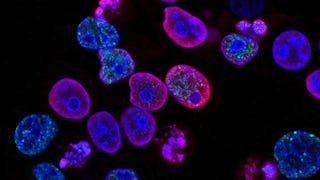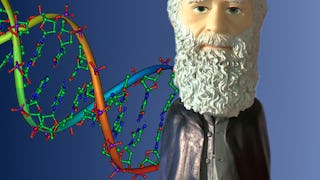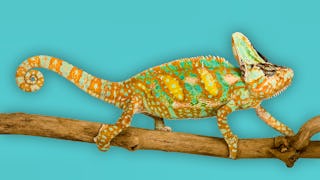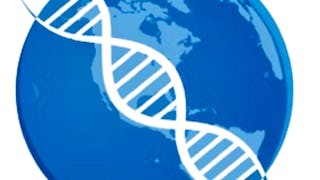How have advances in genetics affected society? What do we need to know to make ethical decisions about genetic technologies? This course includes the study of cloning, genetic enhancement, and ownership of genetic information. Course participants will acquire the tools to explore the ethics of modern genetics and learn how to integrate these issues into their classrooms.



Genetics and Society: A Course for Educators


Instructors: Rob DeSalle, Ph.D.
18,225 already enrolled
Included with 
(165 reviews)
Skills you'll gain
Details to know

Add to your LinkedIn profile
4 assignments
See how employees at top companies are mastering in-demand skills


Earn a career certificate
Add this credential to your LinkedIn profile, resume, or CV
Share it on social media and in your performance review

There are 4 modules in this course
You will explore the history of genetics and genomics, and be introduced to ways of thinking ethically about issues involving genetic technology. You will learn how ethical issues can be used to spark your students’ interest, and how to uncover students’ misconceptions.
What's included
4 videos6 readings1 assignment
You will explore systems biology, stem cells, and cloning and the applications of these technologies. You will also learn about the ethics of cloning, which will be the basis for your written assignment, which opens this week.
What's included
5 videos3 readings1 assignment1 peer review
You will see how genetic information is being used to individualize medical treatments and take a video tour of the Sackler Institute for Comparative Genomics at the American Museum of Natural History. You will also apply the Science and Engineering practices from A Framework for K-12 Science Education and the Next Generation Science Education Standards in considering how to engage students in discussion about ethics.
What's included
7 videos4 readings1 assignment
This week you will learn about the societal implications of genetically modified food, and discuss ways to incorporate this issue into your teaching.
What's included
3 videos6 readings1 assignment
Instructors

Offered by
Why people choose Coursera for their career




Learner reviews
165 reviews
- 5 stars
72.72%
- 4 stars
20%
- 3 stars
5.45%
- 2 stars
0.60%
- 1 star
1.21%
Showing 3 of 165
Reviewed on Feb 19, 2017
This course was very informative and gives an good knowledge of the basics of genetics.
Reviewed on Oct 19, 2015
this was a fantastic course. Genetics fascinates me!
Reviewed on Feb 13, 2016
This course covered a lot of ground & will be a good jumping off point.

Get access to all these courses and more with a subscription

University of Colorado Boulder

Duke University

American Museum of Natural History

University of Colorado System
Career resources

Unlock access to 10,000+ courses with a subscription
Explore roles and skills, learn more effectively with Coursera Coach, and earn recognized credentials
Advance your career with an online degree
Earn a degree from world-class universities - 100% online
Join over 3,400 global companies that choose Coursera for Business
Upskill your employees to excel in the digital economy
Frequently asked questions
Access to lectures and assignments depends on your type of enrollment. If you take a course in audit mode, you will be able to see most course materials for free. To access graded assignments and to earn a Certificate, you will need to purchase the Certificate experience, during or after your audit. If you don't see the audit option:
The course may not offer an audit option. You can try a Free Trial instead, or apply for Financial Aid.
The course may offer 'Full Course, No Certificate' instead. This option lets you see all course materials, submit required assessments, and get a final grade. This also means that you will not be able to purchase a Certificate experience.
When you purchase a Certificate you get access to all course materials, including graded assignments. Upon completing the course, your electronic Certificate will be added to your Accomplishments page - from there, you can print your Certificate or add it to your LinkedIn profile. If you only want to read and view the course content, you can audit the course for free.
You will be eligible for a full refund until two weeks after your payment date, or (for courses that have just launched) until two weeks after the first session of the course begins, whichever is later. You cannot receive a refund once you’ve earned a Course Certificate, even if you complete the course within the two-week refund period. See our full refund policy.
More questions
Financial aid available,

